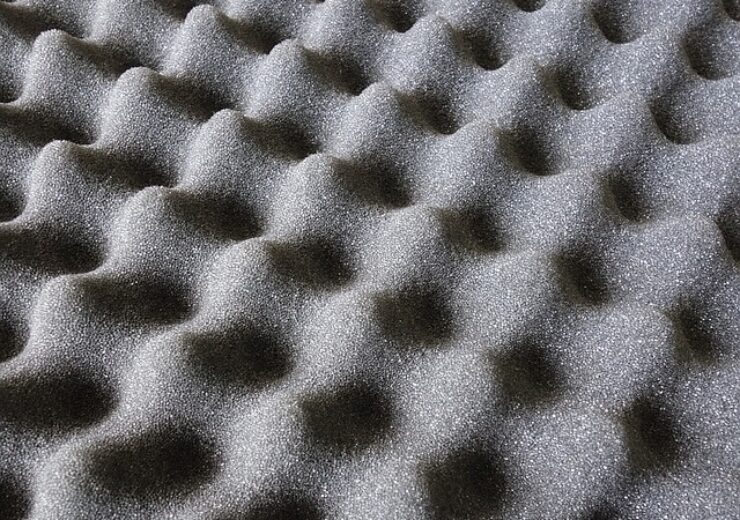Led by At One Ventures, the funding round also saw participation from Sony Innovation Fund, Regeneration.VC, and other private investors

Cruz Foam offers sustainable bio-benign foam material for packaging. (Credit: Rupert Kittinger-Sereinig from Pixabay.)
Cruz Foam, a provider of sustainable packaging materials, has received $2.5m in a seed funding round to support the transition towards circular packaging solutions.
The funding round was led by At One Ventures, a venture capital firm focused on investing in disruptive, sustainable technologies.
Sony Innovation Fund, Regeneration.VC, along with several environmentally-focused private investors also participated in the financing round.
Cruz Foam intends to use the funds to scale its operations to enable Fortune 500 companies to replace their traditional petroleum-based protective packaging with compostable solutions.
Also, the company aims to further expand its back-end technology infrastructure with unique platforms to facilitate the scaling of its sustainable operations with partners and customers.
At One Ventures founding partner Tom Chi said: “Cruz Foam is taking on plastic pollution at the root — by inventing a versatile, earth-compatible foam with disruptive economics, requiring no technical recycling to return to the nutrient cycle.
“We believe this approach will help set the standard for the future of packaging and sustainable materials.”
In addition to securing funding, Cruz Foam has appointed several high-profile advisors to help scale and execute its strategic plans.
The new advisors include former Mayor of Santa Cruz, Hilary Bryant, Cutwater Advertising founder Chuck McBride, and UC Berkeley government relations director Michelle Moskowitz.
Cruz Foam is engaged in producing ASTM certified compostable, protective packaging foam and other solutions, as an alternative to sustainable petroleum-based products.
It leverages chitin, a biopolymer found in seafood waste and other natural sources, to create a compostable material using the existing supply chain and at a competitive price.
The bio-benign foam material used in protective packaging offers strength, flexibility, and protective qualities similar to petroleum-based foams, said the company.
The material degrades within 60 days, with a 97.9% average biodegradation in soil, and with no adverse effects on the quality of the compost after degrading.
Cruz Foam said that its sustainable materials biodegrade to produce high-quality organic waste, which can be used as nutrient-rich compost and biogas used for electricity.
Furthermore, the company is currently working with consumer-packaged goods, electronics, appliances, and durable goods companies.
